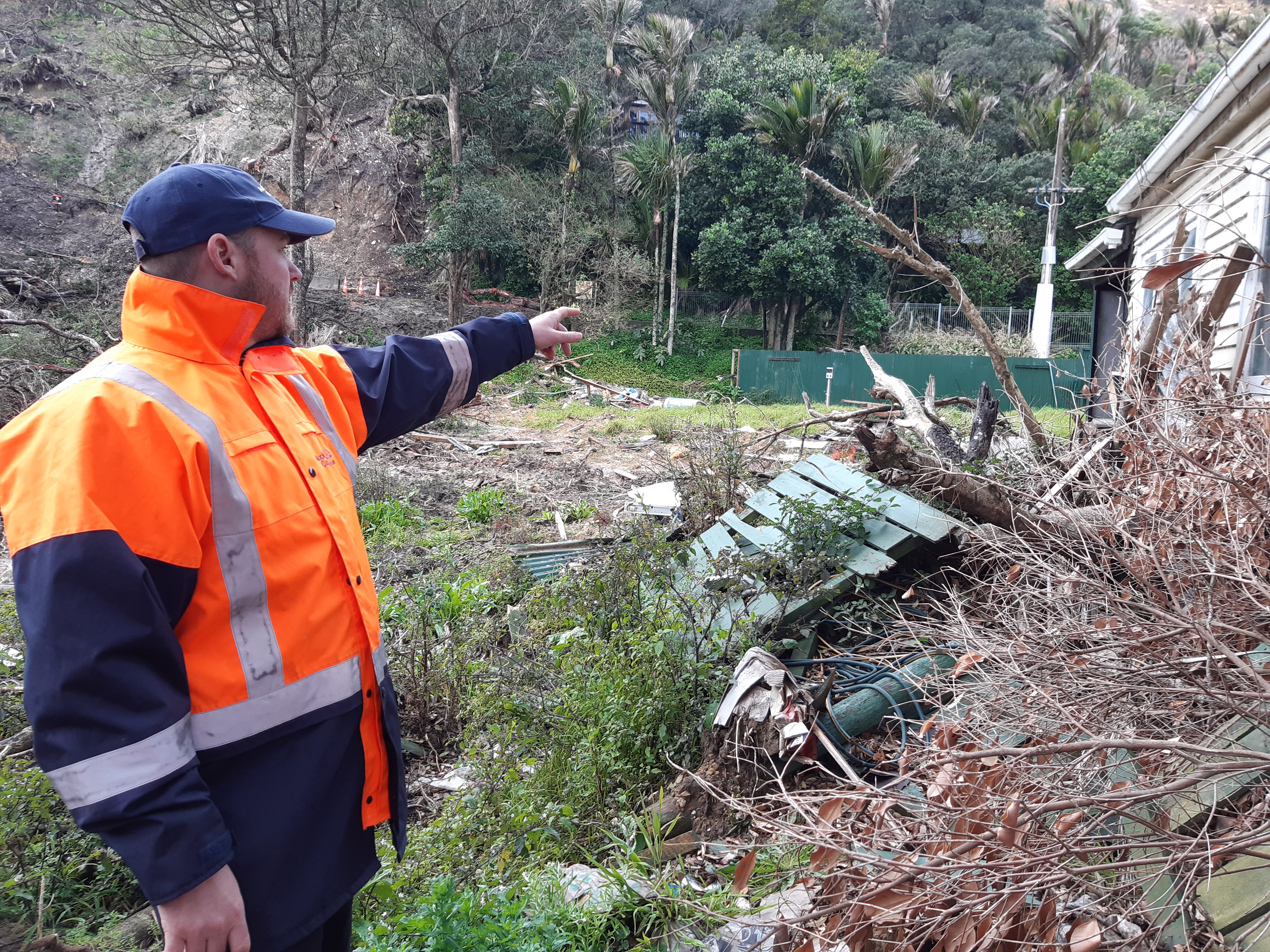Anyone wanting to buy or rent a home is encouraged to look at all available natural hazards information in this time of increasing climate uncertainty.
Auckland Council says there are a number of resources to help ensure buyers and renters are aware of potential flooding and landslide risks at a property.
Research from insurer IAG in 2024 found more buyers are considering climate risks when looking at a potential new home. Its research found house hunters rank weather and natural disaster risk as the second most important factor after price when looking to rent or buy.
But Mace Ward, who is leading Auckland’s recovery from 2023 storms, says most people don’t know where to find this information.
“For many, their home is their most significant asset. Making a rushed decision could get people stuck with a home that has major safety, insurance and resale challenges,” says Ward who is the Tāmaki Makaurau Recovery Office Group Recovery Manager.
“There are some fantastic resources available to understand flooding, landslide and other natural hazard risks at a property and in the neighbourhood. These are all publicly accessible, and in this time of climate uncertainty are essential tools for anyone looking to buy or rent.”
Available resources include flood risk maps, information on past claims, council documents and talking to expert advisors.
Essential hazard risk tools:
- Your property lawyer who will help guide you through the buying process with advice on understanding any risks.
- Auckland Council Flood Viewer – enter the home address into this free map to understand any flooding risks at and around a property. The map identifies flood plains (areas predicted to be covered by flood water during heavy rain), flood-prone areas (low-lying areas where water can become trapped and collect during heavy rain), overland flow paths (natural water routes during heavy rain), and coastal inundation (coastal areas predicted to be covered by sea during large storms).
- LIM report – a summary of information about the property, including identified flood and landslide hazards, along with emergency placard and risk categorisation information. It is standard practice for buyers and their property lawyers to request a Land Information Memorandum (LIM) from council ahead of proceeding with a purchase.
- Auckland Council property file – a more fulsome record of activities and communications undertaken by the council regarding the property. This will include information on any damage and work involving council where consents were needed. If a property is registered for a future risk category but has not yet had one finalised or if the property was given a Category 1, it will be recorded here.
- Property landslide and flood risk category – if the property was signed up to council’s property categorisation programme following 2023 major storms, and received a final risk category, information about any unresolved ‘intolerable risk to life’ will appear on its LIM report and property file.
- Natural Hazards Commission claims map – a free to access map of settled NHCover (previously known as EQCover) claims in the area from past natural hazard events. These claims mostly relate to landslides.
- Hazard Viewer map – a free-to-access collection of flooding, severe wind, coastal inundation, tsunami, volcanic and earthquake risk maps.
- Insurance companies – talk to insurers and ask them to confirm if the property can be insured, the annual premium, the excess and any conditions. They will also have information about previous claims made. Banks typically require a home to be insured before they approve a mortgage.
We would also recommend checking out Auckland Council’s GeoMaps tool – maps to find out different aspects of Auckland’s geography and planning zones.


